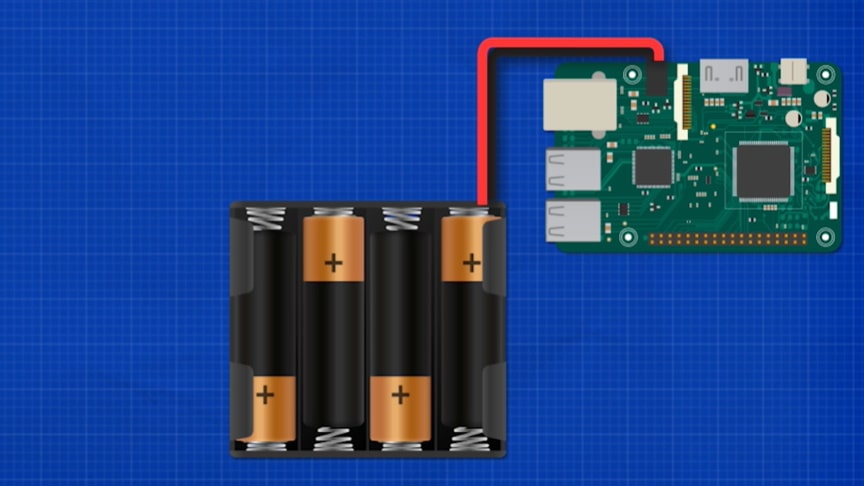A battery is a source of electric power consisting of one or more electrochemical cells with external connections for powering electrical devices. A battery’s capacity is the amount of electric charge it can deliver at the rated voltage. The more electrode material contained in the cell the greater its capacity.
source/image(PrtSc): The Engineering Mindset
How long a battery will last is determined by 2 factors, the battery capacity and the load current of the circuit. Both of these factors are explained in detail right below. All batteries come with a battery capacity rating. Watch the video from The Engineering Mindset for more info:
This is the total amount of current that a battery can supply in milliamperes during its lifetime. If a battery has a battery capacity rating of 2000mAH, it can supply 2000 milliamperes of current during its lifetime. This means it can supply 20mA for 100 hours, 200mA for 10 hours, 2A for 1 hour, since the product of all these equals 2000mA.
Advertisement
Capacity is measured in units such as amp-hour (A·h). The rated capacity of a battery is usually expressed as the product of 20 hours multiplied by the current that a new battery can consistently supply for 20 hours at 68 °F (20 °C), while remaining above a specified terminal voltage per cell. For example, a battery rated at 100 A·h can deliver 5 A over a 20-hour period at room temperature.//The Engineering Mindset











